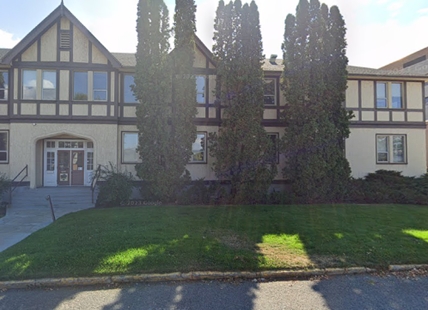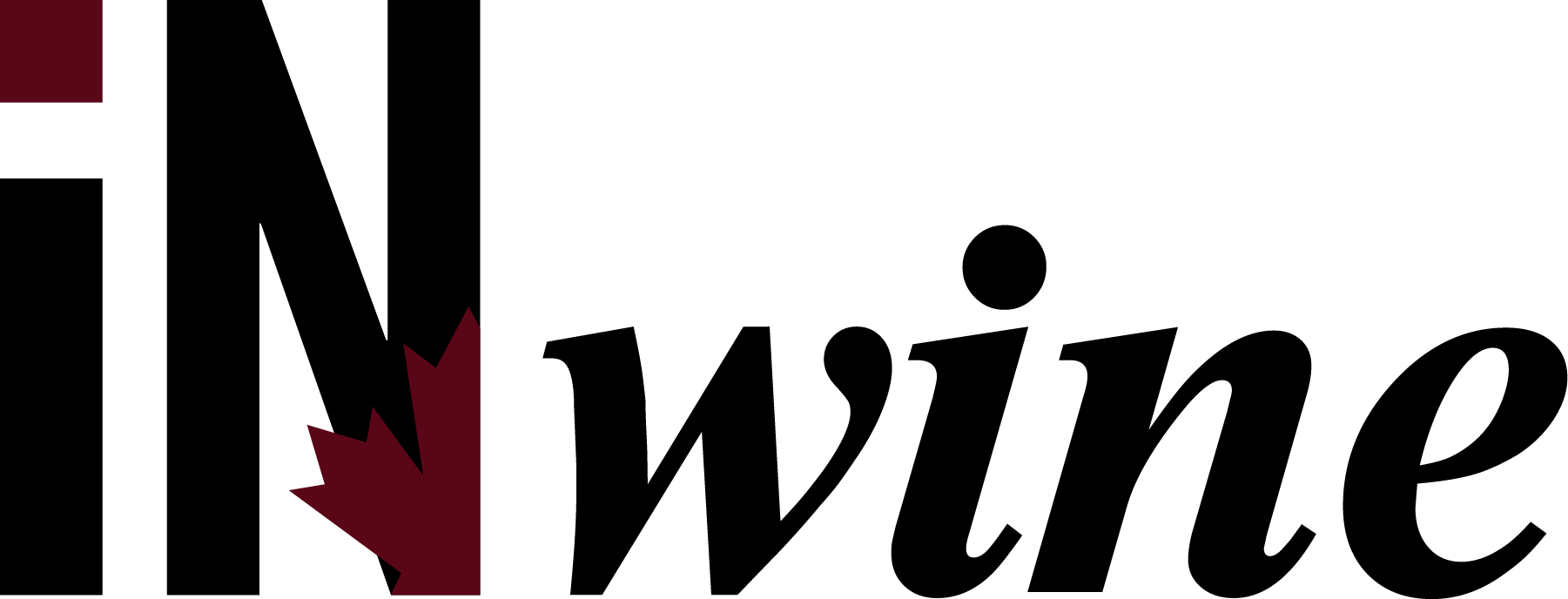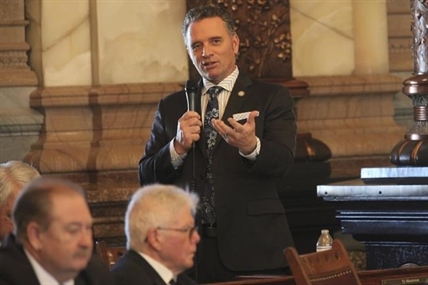Could a tax on million dollar homes help fight B.C.'s housing affordability crunch?

An annual surtax on homes worth more than $1 million would affect less than 10% of Canadian residents yet generate $5 billion a year to spend on co-op and other affordable housing options.
That’s one of the key messages delivered in a Zoom presentation on the country’s growing addiction to rising housing prices yesterday, March 29.
It was put on by UBC School of Population and Public Health professor Paul Kershaw who is also the founder of the Gen Squeeze organization that’s fighting for things like income and housing equality for young people.
“It’s so frightening to see the plague of unaffordability spread from Metro Vancouver over to the Victoria region and then it’s just pushing its influence into Kelowna and the Okanagan and spreading into Nelson and Nanaimo,” the Vernon native told iNFOnews.ca today. “It’s just shocking what we’re seeing.”
READ MORE: Lower Mainland buyers flooding Okanagan’s new home market
In the two years since the start of the COVID pandemic, the amount of time it takes for the average worker to save for a down payment for a house has grown by 4.2 years in Kelowna, from 13 years to more than 17 years, he said.
That’s near the national average.
Kamloops has fared a little bit better, only adding 2.9 years. Still it takes an average worker there 13.2 years to save that 20% down payment.
In the mid-1970s, it only took four years in each of those cities to save that down payment, Kershaw said.
His aim is to change the mindset of Canadians from seeing home ownership as an investment and a way to generate wealth to one where it’s seen as a place to live.
One key platform he’s proposing is a surtax on the value of homes for that portion that is more than $1 million.
He proposes the tax rate would start low, at 0.2%, so the owner of a house valued at $1.1 million would pay a mere $200 per year. (0.2% of the $100,000 over the $1 million threshold). That rises to 0.5% surtax on a home worth $1.5 million to $2 million for a cost of $3,500 on a $2 million home. The surcharge goes to 1% above the $2 million value so a $3 million home would have a $13,500 tax bill.
Anyone not able to pay the surtax could defer payment until the home is sold and its value becomes liquid.
Only about 10% of Canadian homes are currently assessed at more than $1 million, Kershaw said.
“Some people have said, why would you have such a marginal tax on that value, which will piss people off who are incurring the tax at all, while barely collecting anything from them?” Kershaw asked.
His answer is twofold.
“One, we are trying to disrupt the psychology in Canada of people wanting prices to rise above the million dollar mark because they’re thinking, when it does, it’s adding to their wealth,” he said. “The second answer would be, when you capture a small amount of money from a larger pool of people, the total value of the revenue you’re raising increases quite substantially.”
The goal is to raise $5 billion annually to build affordable and attainable housing, including co-ops.
READ MORE: Housing co-ownership matchmaking service advancing in Kamloops, Okanagan
The dramatic rise in house prices, especially in the past two years, greatly benefits those who already own homes so they are keen to keep the system going and for prices to keep climbing.
Kershaw’s own home in the Lower Mainland rose in value by half a million dollars last year, he said, noting that’s more than he and UBC have put into his pension in his 17 years working there.
The housing sector contributes 14% to the country’s gross domestic product. It’s 20% in B.C., he said.
That allows finance ministers to win points with voters by arguing that Canada’s gross domestic product is strong and growing.
Yet, it only employs 2% of the workforce so that is not a sustainable way to grow the economy, Kershaw said.
In addition, the increase in housing values is not counted by Statistics Canada towards its inflation calculations.
That means StatsCan has been able to say, until very recently, that inflation is low so the Central Bank keeps interest rates low which just fuels Canadians' ability to buy more homes and more expensive homes, driving prices up even more.
Kershaw wants the brakes to be put on housing prices until wages can catch up to make them more affordable, especially for younger people.
The push for the surtax has generated some pretty angry and nasty emails from some critics. Kershaw is wondering why more people are not pushing back against the concentration of wealth in the hands of so few.
“Where is the Canadian rage over unaffordability?” Kershaw asked during the Zoom presentation. “We need to push a little bit deeper to engage a broader range of Canadians.
For more on Gen Squeeze, go here.
— This story was updated at 11:51 a.m. April 1, 2022, to correct and further explain the surtax rates.
To contact a reporter for this story, email Rob Munro or call 250-808-0143 or email the editor. You can also submit photos, videos or news tips to the newsroom and be entered to win a monthly prize draw.
We welcome your comments and opinions on our stories but play nice. We won't censor or delete comments unless they contain off-topic statements or links, unnecessary vulgarity, false facts, spam or obviously fake profiles. If you have any concerns about what you see in comments, email the editor in the link above.









